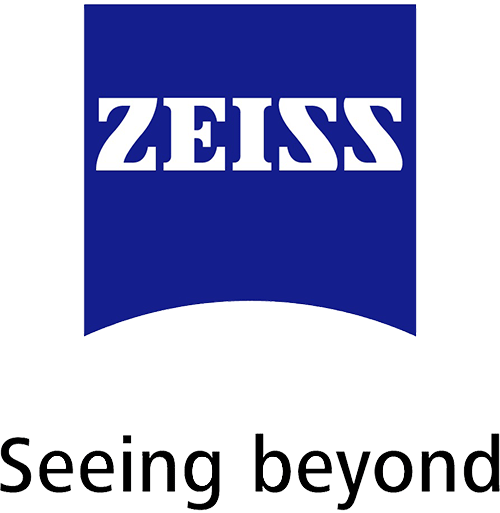Translational imaging is a cutting-edge tool used in cancer research to observe the changes in cancer cells over time and to gain insight into the molecular processes involved in cancer progression. It utilizes advanced imaging techniques, such as confocal microscopy, laser scanning microscopy, and fluorescence microscopy, to visualize the structure and function of cancer cells and their interactions with the surrounding environment.
This article collection explores how ZEISS microscopes and imaging systems are being used in translational biology and cancer research to gain insight into the mechanisms of disease, uncover new protein targets, and develop new treatments. It hopes to provide researchers with more information on these techniques and technologies, allowing them to further their research in this field.
Download this complimentary article collection today!
What you will learn about:
- DNA-PK DNA repair complex
- Plakophilin 1 (PKP1) in prostate cancer development
- Artemisinin for cancer therapy
- Endonuclease G in ovarian cancer
- Drug screening and analysis for 2D and 3D cell-based assays
Articles contained in the collection:
DNA damage repair kinase DNA‐PK and cGAS synergize to induce cancer‐related inflammation in glioblastoma. (Taffoni et al.)
Plakophilin 1 deficiency in prostatic tumours is correlated with immune cell recruitment and controls the up-regulation of cytokine expression post-transcriptionally. (Kim et al.)
A whole‐genome scan for Artemisinin cytotoxicity reveals a novel therapy for human brain tumors. (Taubenschmid‐Stowers et al.)
Nuclear endonuclease G controls cell proliferation in ovarian cancer. (Choi et al.)
ZEISS Case Study – High Content Imaging for Genotoxicity
ZEISS Case Study – Organoid Analysis


